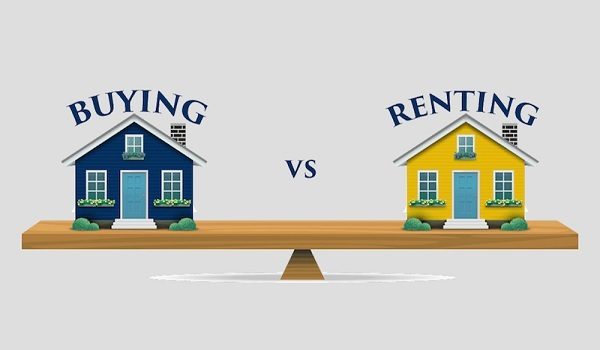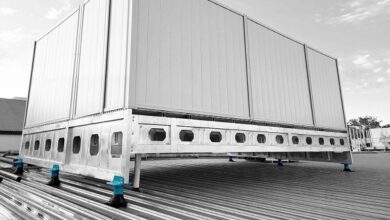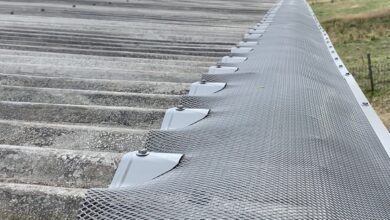
When it comes to making the decision between renting and buying a home, there are a lot of factors to consider. From upfront costs to long-term expenses, it’s important to weigh the pros and cons of each option to determine which one is the best fit for your lifestyle and financial situation. In this article, we’ll explore the real cost of renting versus buying a home and discuss the factors that come into play when making this important decision.
Upfront Costs
One of the biggest differences between renting and buying a home is the upfront costs associated with each option. When you rent a home, you typically need to pay first and last month’s rent, a security deposit, and sometimes other fees such as application fees and pet deposits. These costs can add up quickly, especially in areas with high demand for rental properties.
On the other hand, buying a home requires a much larger upfront investment. You’ll need to save up for a down payment, which is typically around 20% of the home’s purchase price. For example, if you’re buying a home for $300,000, you’ll need to come up with $60,000 for the down payment. Additionally, there are closing costs associated with buying a home, which can add up to several thousand dollars.
Monthly Expenses
Once you’ve moved into your new home or rental property, you’ll be responsible for paying monthly expenses. Renters typically only need to worry about paying their rent and utilities each month. Homeowners, on the other hand, have a variety of ongoing expenses to consider, including mortgage payments, property taxes, homeowners insurance, and maintenance costs.
Mortgage payments are typically the largest ongoing expense for homeowners. Depending on the size of your down payment and the terms of your mortgage, your monthly mortgage payment can range from a few hundred dollars to several thousand dollars. Property taxes are another ongoing expense that homeowners need to consider. These taxes are based on the value of your home and can vary greatly depending on where you live.
Homeowners insurance is another expense that comes with owning a home. This insurance protects your home and belongings in case of damage or theft. The cost of homeowners insurance can vary depending on your location, the size of your home, and other factors.
Maintenance costs are another ongoing expense that homeowners need to consider. As a homeowner, you’re responsible for maintaining your property, which can include everything from fixing leaky faucets to replacing the roof. These costs can add up over time and should be factored into your budget when deciding whether to rent or buy.
Appreciation and Equity
One of the biggest benefits of owning a home is the potential for appreciation and equity. Over time, your home may increase in value, allowing you to sell it for more than you paid for it. This can provide a significant return on investment and help you build wealth over time.
Additionally, as you pay down your mortgage, you’ll build equity in your home. Equity is the difference between the value of your home and the amount you owe on your mortgage. For example, if your home is worth $300,000 and you owe $240,000 on your mortgage, you have $60,000 in equity. This equity can be used to fund other expenses, such as home renovations or your children’s education.
Flexibility
Another factor to consider when deciding whether to rent or buy a home is flexibility. Renting provides more flexibility than owning a home, as you can easily move when your lease is up. This can be particularly beneficial if you’re not sure how long you’ll be staying in a particular area or if you need to relocate frequently for work.
Owning a home, on the other hand, provides more stability and the ability to customize your living space to your liking. You can paint the walls, renovate
the kitchen, or even add an addition to your home to make it truly your own. However, owning a home also ties you down to a specific location, which can be a drawback if you’re looking for more flexibility in your living arrangements.
Conclusion
When it comes to the decision between renting and buying a home, there is no one-size-fits-all answer. The real cost of renting versus buying a home depends on your unique financial situation, lifestyle, and long-term goals. By considering factors such as upfront costs, monthly expenses, appreciation and equity, and flexibility, you can make an informed decision about whether renting or buying is the best fit for you.




